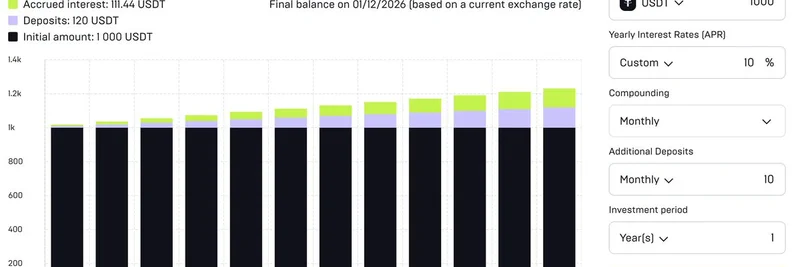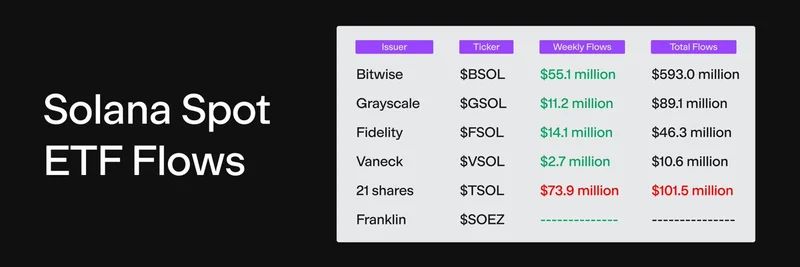In the fast-paced world of cryptocurrency, where meme tokens are exploding on chains like Solana and Ethereum, one voice is cutting through the noise with a powerful reminder: stick to native crypto. MartyParty, a well-known crypto commentator and music producer, recently dropped a bombshell tweet that's resonating with blockchain enthusiasts everywhere. Let's dive into what he said and why it matters, especially if you're diving into the wild world of meme coins.
Here's the tweet that's sparking conversations:
People - just use native crypto. Its a native internet protocol. It requires no logins, no apps, find the network native wallets and use them. You own the keys. Dont fall for the narritives.
Remember Open Source code runs on every computer in the world and runs the internet.
@Apple use open source Linux operating system.
@Google use open source @ChromiumDev for their Chrome browser and Linux for their OS.
@solana @SuiNetwork @ethereum #Bitcoin are open source. There are laws protecting us we can use Open Source software however we want.If you are committing crime, get out of crypto, its all on chain. You cant hide. We dont need regulatory capture, its SELF REGULATING via transparency.
Centralized Exchanges, centralized apps and Layer 2s are the problem. They are opaque and not open source. Delete them from your devices. Stop using them. They are breaking the closed loop.
These corporations requiring regulatory capture are being pressured by the banks who have sold debt to people and are on the ropes if they dont account for it. Crypto is non custodial. Before they close the loop, exchange bank debt for crypto in self custody.
Dont f this up. The banks wont go easily. We just dont need them anymore. Its not personal, its business.
You can check out the original post here.
At its core, MartyParty is advocating for the purest form of crypto: native protocols on layer-1 blockchains like Solana, Sui, Ethereum, and Bitcoin. What does "native crypto" mean? Think of it as using the blockchain directly, without middlemen. Instead of relying on centralized exchanges (CEXs) like Binance or Coinbase, or even layer-2 solutions (L2s) that scale on top of Ethereum, he wants us to go straight to the source. Use wallets like Phantom for Solana or MetaMask for Ethereum, where you control your private keys – those magical strings of code that prove ownership of your assets.
Why the emphasis on open source? Open source software, like Linux or the Chromium browser engine, is code that's publicly available for anyone to inspect, modify, and use. Major tech giants like Apple and Google build on it because it's reliable and community-driven. In crypto, chains like Solana and Ethereum are open source too, meaning their code is transparent. This transparency is key to self-regulation: every transaction is on-chain, visible to all, making it hard to hide illicit activities. As MartyParty puts it, if you're up to no good, crypto isn't your friend.
This message hits home in the meme token space. Meme coins thrive on hype, community, and quick trades, often on Solana due to its speed and low fees. But many users start on CEXs, where they don't truly own their tokens – the exchange does. If the platform gets hacked or shuts down, poof, your dog-themed meme coin could vanish. Layer-2s, while solving Ethereum's high gas fees (those transaction costs), add opacity. They're not always fully decentralized, and MartyParty sees them as a "problem" because they break the "closed loop" of true peer-to-peer finance.
He's also touching on bigger economic shifts. Banks are laden with debt, and crypto offers a non-custodial alternative – meaning you hold your own assets, not some institution. With regulatory pressures mounting (think SEC crackdowns), corporations are lobbying for rules that favor them, but native crypto sidesteps that. Exchange your fiat debt for self-custodied crypto before the system tightens up.
For meme token hunters, this is a wake-up call. Next time you're aping into a new Solana meme like $BONK or $WIF, do it natively. Set up a wallet, bridge your funds if needed, and trade on decentralized exchanges (DEXs) like Raydium or Jupiter. It's more secure, aligns with crypto's ethos, and avoids the pitfalls of centralization.
MartyParty's tweet isn't just advice; it's a manifesto for decentralization. In a world where banks and big tech are clinging to control, native crypto empowers individuals. As we head deeper into this bull cycle, remember: not your keys, not your coins. Stay native, stay safe, and let's build a truly open financial future.


